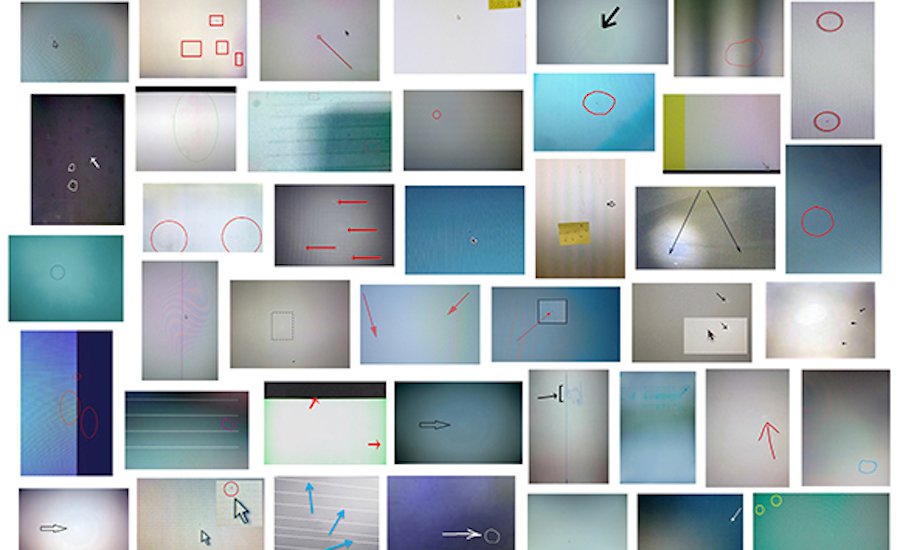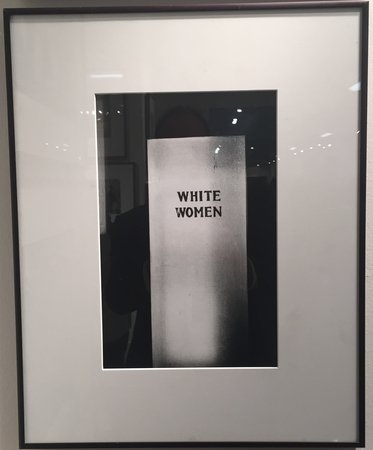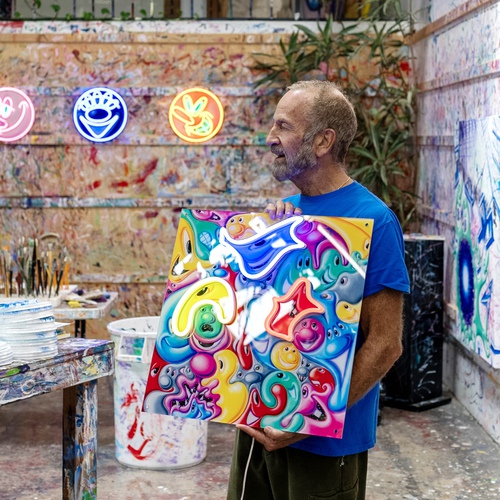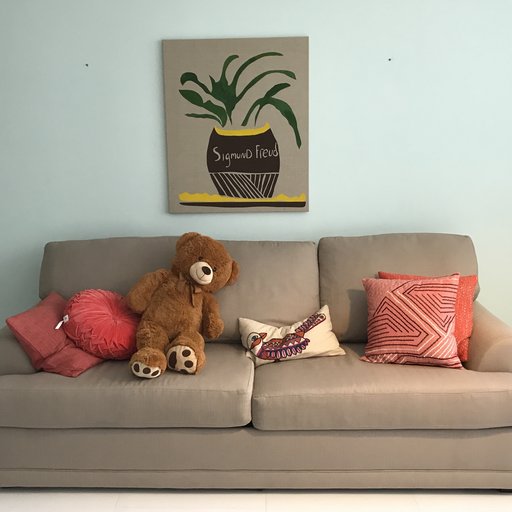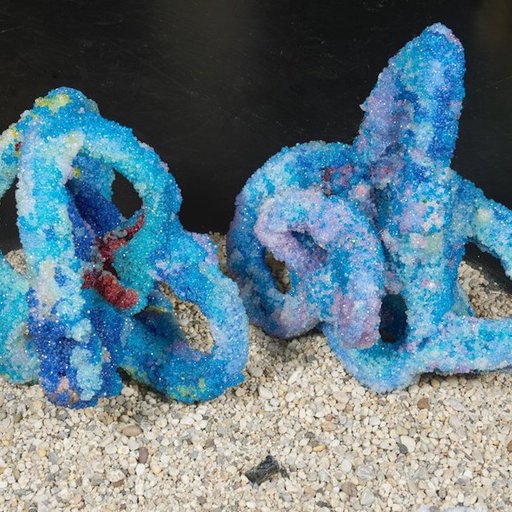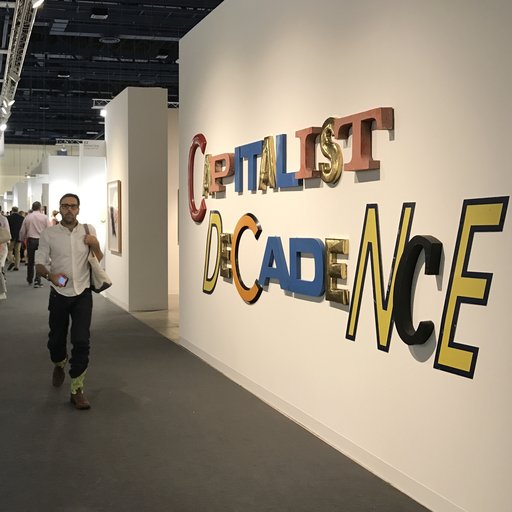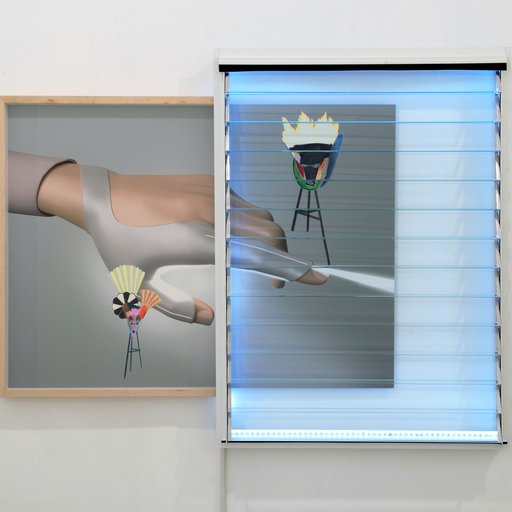In its 26th year, photo l.a. offered a pleasant if uneven representation of photographic practice—often skewed towards Hollywood portraiture, naturally. The lack of experimental work was mitigated this year, however, by an engrossing installation by the photographer Penelope Umbrico, whose collective work is an inquiry into the often functional uses of photography on social media platforms. By highlighting her art, as well as a separate conversation with the photographer Lucas Blalock, brought some critical thinking to the venue and a broader view of the photographic present.
Here are some other standouts from the fair:
STEVE SCHAPIRO
White Women
The Monroe Gallery of Photography, Santa Fe
Edition of 25, $4,500
Having launched his career as a photojournalist in the early 1960s, Schaprio worked for the major newsmagazines of the era: Time, Newsweek, Life, and Look, and became known for his searing work documenting the civil rights movement and the 1965 march on Selma, Alabama. Most likely the door of a public restroom, this terse exclusion is a stark reminder of our brutal race history, shorn of any emotional cushioning and narrative nuance. And at this particular moment in race relations and presidential rhetoric, it is a reminder of blunt and ruthless intolerance that requires our collective vigilance.
PHILIPPE HALSMAN
Marilyn-Mao, 1952
Cohen Gallery, Los Angeles
Vintage contact print, $5,500
A startling composite of Marilyn Monroe and Mao from 1952, apparently suggested by Salvador Dalí, whom Halsman shared a witty collaboration with and whose photographic work helped to create the Dalí persona. That this photograph would precede Warhol's identification of Mao and Marilyn as significant cultural icons makes this fusion, despite its modest scale, all the more intriguing. It is hoped that the image was known by Divine, and that he was duly honored.
ANDY MATTERN
Standard Size, 2014
Elizabeth Houston Gallery, New York
Edition of 5, $1,200
In this body of work, Mattern photographs cardboard boxes once containing photographic paper that the artist transforms by removing or concealing brand and other identifying information. As such, he substitutes functionality to reveal a constructivist design. Here, the familiar orange-and-red motif of the Kodak brand would evoke a nostalgia for analog to photographers of a certain age, harkening back to an era long before digital technology disrupted the field, and when the Kodak brand dominated photographic technology and innovation.
MARY PINTO
Garden Design (Unappealing Contrast), 2012
GALLERY 1/1, Seattle
Unique print, $950
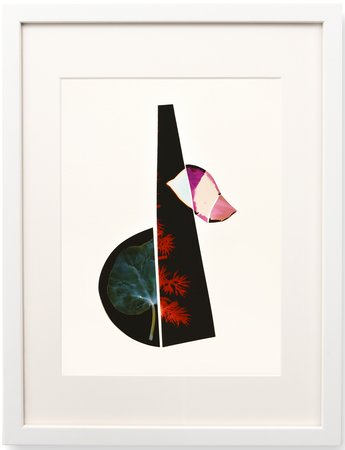
Photographic genres can be re-arranged in surprising ways, and in its evocation of the natural world, this effort could be understood as an extension of landscape photography. By cutting and joining her own photograms, Pinto rejects the dictate that photographs are inherently rectilinear, like fellow photographers Chloe Sales and Brea Souder. This image—from the series entitled "Home and Garden"—becomes a bonsai-like entity that suggests a botanists grafting and a modernist version of Karl Blossfeldt.
JOANN CALLIS
Woman With Blonde Hair, 1977
Courtesy of Gloria Katz and Williard Huyck
Price on request
Woman With Blonde Hair is from a series of elegant and often enigmatic images from 1976 to 1977 that preceded the last 30 years of fictional narrative in photography. Referencing film noir, Paul Outerbridge, and the eroticism of fashion photographer Guy Bourdin, it creates a highly charged domestic tableau that exists out of any context and without any clear resolution, but is instead highly suggestive—the fetishistic overtones giving the scenario both pleasure and anxiety. As a cibachrome print, its lush coloration has a slightly metallic tone, only increasing its sense of menace and style.











